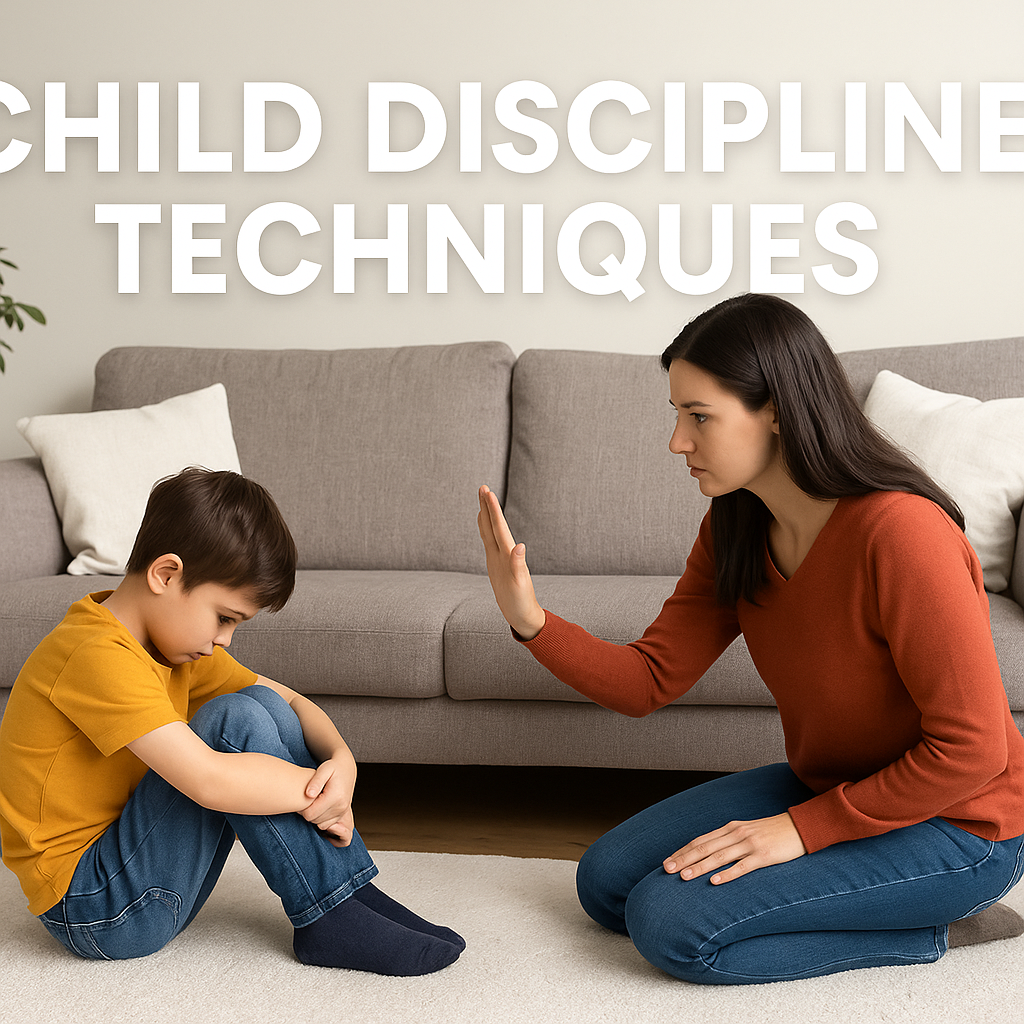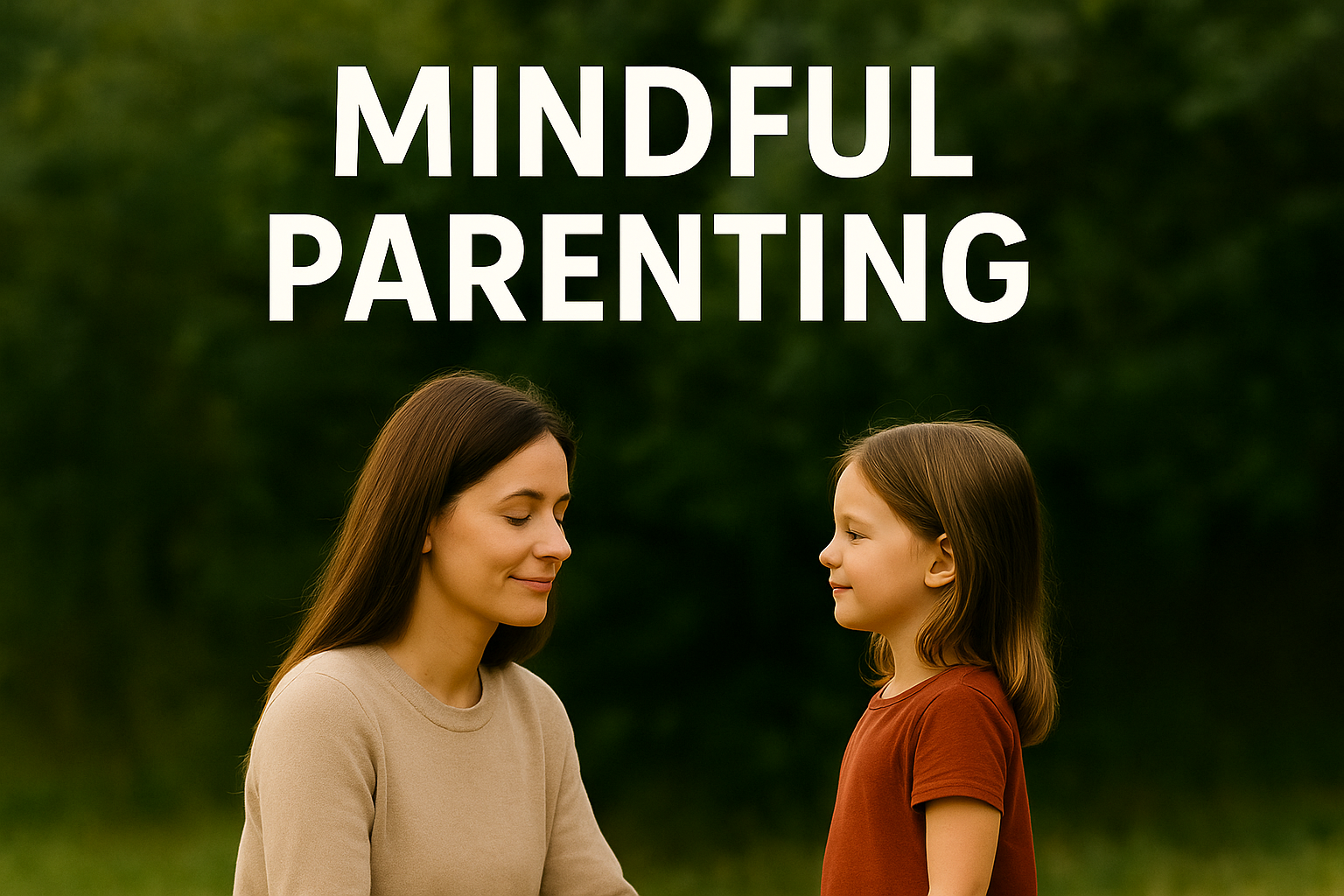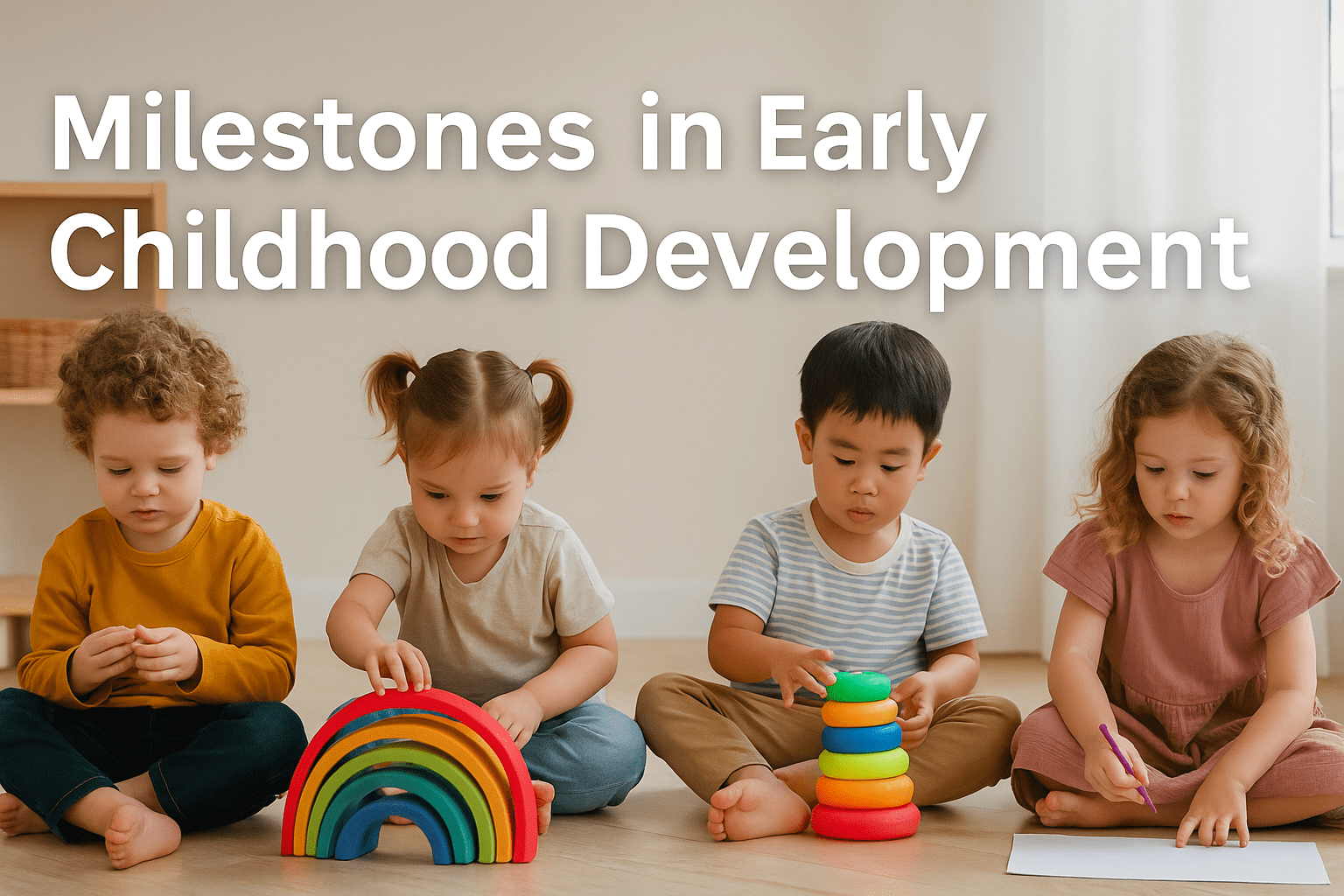Garden Montessori exemplifies this approach through its’ focus on providing an environment where kids are naturally curious, independent and enjoy learning. This blog discusses the main tenets of Montessori education, what makes it different from other kinds of education and why Garden Montessori is the best place to raise your child.
Why Garden Montessori Schools Focus on Child-Centered Learning?
We, the educators at the Garden Montessori Schools, view child-centered learning to be at the heart of teaching. This method accepts that each child is unique and that children learn at different paces which allows them to navigate through the curriculum and be active in ways that meet their needs.
As the child is the subject of their interest, Montessori educators promote a nurturing environment, where students are inquisitive, independent and love to learn. Children are given an opportunity to take ownership of their educational process as they are able to self-select activities that they wish to participate in which build their self-regulation and decision-making skills.
The child-centered approach makes it possible for the teachers to monitor and guide every child’s development, thus making sure that he/she receives relevant support when it is necessary and all the stages of development are achieved.
This method propels not only academic achievement but tremendous emotional and social development enabling children to fit in the classroom and in life as a whole. Children at Garden Montessori are evident of how happy they are when they are positioned at the heart of their learning.
How Montessori Education Fosters Self Thought?
The goal of educational tasks in Garden Montessori Schools is to nurture independent thinking by letting kids own the responsibility of their own learning. In a Montessori classroom children are given the choice to select activities that they are interested in, allowing them to understand different concepts on their levels.
This independence encourages self confidence and the knack to make decisions because children do not depend on teachers for directions to complete a task. Teachers are facilitators and observers in the process and do not lead all steps of the child’s learning. Children acquire important skills including critical thinking by going through the engaged materials, which involve assessing, questioning and creative conceptualization.
Because of these aspects, Montessori children become self thinkers who are ready to tackle problems both within the classroom and outside because they have been equipped with skills to think independently and be relevant in the society. At Garden Montessori, however, independent thinking only seems to be fostered; it is actually a requirement.
How Montessori Classrooms Include Practical Learning Experiences?
Montessori classrooms that are found at Garden Montessori Schools are prepared and organized in such a way that promotes practical learning which is a key aspect in the Montessori method. Children are given room to use touch, and interactive materials in real life to aid in the understanding of abstract ideas.
In these classrooms, children use specially developed materials that guide them in purposeful exploration and problem solving. For example, manipulatives assist students comprehend mathematics operations by working with the tight structures physically, and language materials assist in reading and writing through visual and even touch.
This practical learning not only improves comprehension, it also develops fine motor and higher order cognitive skills. A child’s knowledge retention and understanding is likely to improve since several senses will be involved during the learning process.
The Montessori classroom also allows individual work as children decide on what they want to do and the time they want to finish all tasks. Practical learning in Montessori context is useful in enabling children to develop a strong basis for further learning in future.
Fostering Social and Emotional Development Through Montessori EducationApproach.
Social and emotional development is enhanced through the Montessori approach as children learn to work together while being respectful and empathetic towards one another at Garden Montessori Schools.
In Montessori classrooms, children of different ages play together so older students can teach younger students how to behave appropriately at school. A mixed-age program promotes cooperation, teamwork and the ability to learn from peers which are essential skills of communication and conflict resolution.
Emotional development is also fostered since children are encouraged to voice their emotions, personalize their problems and make choices about themselves and their peers. Teachers lead the way in this case, encouraging children to learn how to respect themselves, each other and other people’s possessions.
With a sense of belonging to something and the sense of responsibility that they have for other students, children develop confidence and self-regulation which is crucial for emotional stability. With a fresh focus on emotional and social connections, children are guaranteed to perform well academically and personally at Montessori centers.
Why Montessori Education Fosters Lifelong Learning Education?
According to those fascinated with the special programs within Garden Montessori Schools, Montessori education is aimed at cultivating a love for learning that is shaped in every child and still vibrant even in later years.
At the core of the Montessori model is inner drive whereby children are nurtured in a manner that enables them to seek knowledge dependent upon their interests and natural inquisitiveness. This form of education assists children to have a sense of control, where they identify topics of interest, and participate in actively constructive processes.
Children’s thinking today is nurtured by making them independent and able to tackle tomorrow’s challenges. Hands-on and practical learning experiences prepare the child as they grow and how such a child remains a learner throughout their life. As the child advances through the settled structure of the Montessori program, he or she develops an open mind that continually embraces learning without despising its due course.
Therefore, all Garden Montessori schools strive and their students develop and excel further because they do not only gather information or pass tests, they acquire the behavior and the way of life as regards learning.
How Self-Discipline and Responsibility is Cultivated through Montessori Education?
In the case of Garden Montessori Schools, Montessori education encourages self-regulation and responsibility through a design where children are given opportunities to choose and direct their learning. The structured activities of a Montessori classroom allow for children to be able to choose what they want to do, teaching them how to be time efficient and tasking.
However, with choice comes the expectation to complete tasks on one’s own, promoting self-discipline and personal responsibility. Educators serve in the capacity of facilitators, offering the framework and guidance which enables children to understand targets and be able to achieve them.
Carrying out practical responsibilities like taking care of the classroom and arranging materials strengthens the sense of duty among students. Besides, Montessori methods also prompt children to examine their actions, looking for ways to improve self-control. Consequently, children are equipped with the skills to make responsible choices and own their learning and behavior.
How Do Different Learners Benefit From Montessori Education?
While the program at Garden Montessori Schools is designed for kids of all ages, at the heart of it lies the principle that every child is unique. Such Individualized instruction involves tailoring instruction to meet the individual needs of each child.
The licensed Montessori method, on the other hand, does not firmly adhere to creativity, learning does happen in a creative yet structured manner, hence The Montessori method recognizes different types of learners and learning styles for the achievement of all the children in the diverse class, how children learn varies from child to child some are visual learners, others are kinesthetic learners and others are auditory learners.
As a widespread approach, the Montessori method makes use of different materials and experiences in order to assist children to learn best, For instance, children with visual impairments may employ images or charts, Children with touch and feel preferences can use manipulatives as tools.
Unlike conventional classrooms that adhere to a fixed curriculum, students as learners are given the freedom to set their goals and learn at their preferred pace. The only setback with this is, the process may be new to the students.
Teachers aim to promote these opportunities and inspire a child to help him learn how to explore the world he or she is living in. The core advantage of this setting is that it helps accommodate all learners and assists those in need to help children reach their full potential.
How Montessori Children Are Prepared to Enter the Workforce?
Garden Montessori Schools expect to prepare children for the future workforce through Montessori education, integrating independence, problem-solving, and collaboration skills. This is critical in the modern workplace; through self-directed learning, or child-led learning, children can plan, make choices and be accountable for their actions.
Likewise, the Montessori method recognizes the importance of creativity and critical thinking in children – they need to be able to investigate problems, make attempts and find productive solutions to the tasks at hand.
For their part, the social-emotional side, in a way, creates a sense of how to coordinate and interact with others, how to resolve disagreements and communicate, and this is what most employers look for.
Through meaningful practices that require active participation and transfer to novel contexts, Montessori students also develop a high level of resilience. These competencies make children both effective in school but prepared for the workforce in future career opportunities.
Why Parents Decide To Settle For Garden Montessori Schools For Their Children?
Parents have a reason to settle for the Garden Montessori Schools, and this is because they believe in a good transformation to each child when it comes to education, as every child is different.
Our classrooms provide a safe and supportive structure for children where they can learn, explore, discover and grow at their own individual pace. Children master performance objectives and acquire essential skills in critical thinking and problem solving by practicing individualized teaching and active learning.
The edge of the same-aged class encourages peer interactions and building relationships hence strong social and emotional development. This has also earned respect from parents thanks to their focus on independence, responsibility, and self-discipline that prepares the children for proper achievement later in the academic or personal life.
Such lots of care from the experienced professional teachers that we employ ensures that each child is fully developed both in academics and emotionally.
We educate the children, and by doing so we also value the passion of education, so it’s not a surprise as to why we are the best choice, as families trust us with their kids because they know we offer good and integrated education.
How Do Montessori Schools Differ From Regular Schools?
Montessori schools, like Garden Montessori Schools, have an educational mission that is completely different from that of conventional schools while being child-oriented in its delivery. Unlike regular schools that have set curriculums led by teachers, Montessori education focuses on self-directed activities.
Children in these kinds of classrooms get the opportunity to select activities that interest them and are able to cultivate an understanding of concepts through plenty of practice as they progress at their own pace.
Montessori Method of Education encourages an activity-based approach where students learn by doing and engage in the active exploration of the environment, using specially created materials developing critical thinking and creativity.
Unlike this, traditional schools may have heavily textbook-led management in which students have to follow the text while being assessed on various standard measures. There is also an additional focus on emotional and social growth in regards to the age groups in the classroom in the Montessori pathway as children are not forced to learn only from adults but instead, peers who might be a little different in age.
At the end of it, Montessori schools are set up in a way that promotes radical self-dependence as well as an endless creativity and thirst for learning unlike the one offered through the standard education model in the contemporary world, one which is largely unavailable in today’s education methods.
Conclusion:
To sum up, Garden Montessori Schools are unique educational institutions that foster independence, creativity, and instill a love of lifelong learning. And just as these schools apply the Montessori philosophy, they also strive to create a safe ‘home’, an atmosphere where children understand the importance of exploration, discovery, and development in their own time.
Finally, with an education that pays attention to who the child is rather than simply academic performance, Garden Montessori Schools will raise children who will be prepared for the future. Parents seeking this kind of comprehensive education are right in thinking that Garden Montessori is perfectly suited to their children.
To learn more about the pros and cons of Montessori education when compared to the traditional method, check out the discussion on Montessori schools vs traditional schools, their benefits and view Garden Montessori Schools’ website.
FAQs For Garden Montessori:
What is the Montessori method and what principles does it stand for?
The Montessori method is an instructional strategy that emphasizes learning by working with one’s hands. At Garden Montessori Schools children learn how to handle and manipulate learning objects with their hands in understanding more complicated ideas with ease and at their personalized speed.
How does Garden Montessori cater for diverse learning styles?
The objectives at Garden Montessori Schools fit the different types of learners as it encompasses verbal auditory and physical learners allowing each learner to interact with the subject in a sensory context and in a varied approach to best fit their preferences.
Why is it better to join Garden Montessori Schools than a regular school?
One of the main reasons why parents also prefer Garden Montessori Schools is because of their approach which fosters greater independence, critical thinking, and passion for learning in children. Montessori education, on the other hand, is carefully observed for each child’s developmental stage, unlike traditional schools which have a generalized approach for all.
What are the advantages of emotional development in a Montessori school?
Montessori trained social norms instruction is associated with mixed age groups in different age ranges hence consideration for social interaction, cooperation, and sympathy. In Garden Montessori Schools, children acquire social skills, emotional understanding, appreciation and conflict resolution abilities through engaging in academic activities that support communities’ values.
How can Montessori education be beneficial for developing competent readers?
Montessori education encourages impulsive actions, imagination, and creative reasoning. At Garden Montessori Schools, children are taught to take responsibility for their learning and as a result, grow up with a profound appreciation of education and desire to learn.



